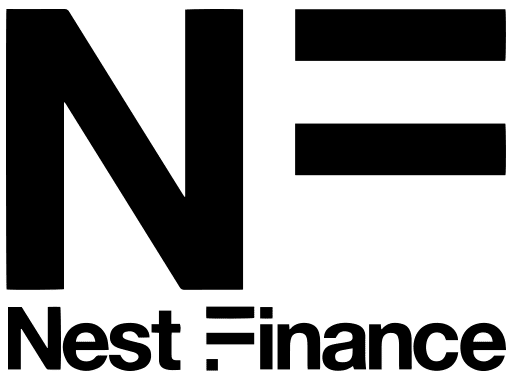Choosing the right mortgage is a complex problem, but it’s vital for your financial health that you make a sensible decision and don’t get overwhelmed by the options, especially if you’re a first-time buyer.
Here’s our list of top tips for choosing the right mortgage:
- How much can you borrow?
- How big is your deposit?
- Repayment or interest-only?
- Fixed or variable rate?
- Watch out for mortgage fees
- Do you qualify for a government scheme?
- Mortgage over payments
- Mortgage penalties
- Don’t forget to remortgage
How much can you borrow?
Mortgage lenders will typically lend between 4 and 5 times your individual income, or 3 to 4 times your joint income if you’re applying for a mortgage with someone else. Every lender has different criteria for the maximum amount you can borrow. Affordability is also important: if you already have a lot of debt on credit cards or other loans, your maximum mortgage may be lower.
You should also think about how much you want to pay per month on your mortgage. If your mortgage repayments are greater than 30% of your take-home income, you may find yourself “house poor,” where you own a house but can’t afford to build up your savings, go on holiday, buy a new car, etc.
How big is your deposit?
The bigger your deposit, the less you have to borrow and the lower the loan-to-value (LTV) ratio, which means you’ll qualify for lower mortgage rates. The LTV ratio is the proportion you borrow compared to the property price. A £20,000 deposit on a £200,000 home is 10%, so the LTV ratio is 90%.
Repayment or interest-only?
A repayment mortgage means you pay both interest on the loan and repay the capital. Initially you pay more interest but as the mortgage term continues, you increasingly repay the capital until the whole loan is paid off.
An interest-only mortgage involves just making monthly mortgage payments to cover the interest. Mortgage lenders will only let you get an interest-only mortgage if you have another way to pay off the loan, such as savings, investments, or other assets.
Many buy-to-let mortgages are of the interest-only variety.
Fixed or variable rate?
With a fixed rate mortgage your monthly repayments are the same for the duration of the mortgage deal. You won’t benefit if interest rates fall, but the rate can’t go up either.
Variable rate mortgages – which include discount and tracker mortgages – can go up and down, usually in line with changes to the Bank of England base rate. There are other types of mortgage but these two are the most common.
Watch out for mortgage fees
Sometimes the mortgage with the lowest rate will have some hefty fees (usually £1,000 to £1,500) attached. If you’re planning to remortgage every two years to a new fixed rate deal, the fees can really add up.
Before picking a mortgage, do the maths and make sure it’s still a good deal after you include the fees. If you plan to remortgage every couple of years, don’t pay too much heed to the APRC, which looks at the total cost of the mortgage over the full term (usually 25 to 30 years).
Do you qualify for a government scheme?
Before picking a mortgage or a home, check to see if you take advantage of Help to Buy (Shared Ownership and Equity Loan), Right to Buy, Starter Home Schemes or Shared Equity Schemes.
Should you talk to a mortgage broker?
You have two options with mortgages: go direct to a lender, or get a mortgage through a broker. You might find a whole-of-market broker useful if your finances are complicated, your credit history is tarnished, or if you just want to make sure you’re getting a good deal.
Mortgage over payments
Most fixed- and discount-rate mortgages let you make over payments of up to 10% of the outstanding balance each year. This means you’ll pay off your mortgage sooner, which in turn can save you thousands of pounds in interest payments. However, beware of early repayment penalties…
Mortgage penalties
There are plenty of fees linked to mortgages and most are unavoidable, including arrangement fees, booking fees, valuation fees and more. Mortgage lenders charge exit fees of between £50 and £300 for closing your mortgage account, too.
If you repay your mortgage early or overpay above what’s allowed you can be charged a penalty fee. They’re usually a percentage of the amount of the overpayment. So, if you go over the limit by £25,000, and the early repayment charge is 5%, you’ll be charged £1,250.
Don’t forget to remortgage
If you choose a mortgage with a fixed-rate or discount-rate promotional period, then it’s often a good idea to remortgage at the end of that period. If you don’t remortgage, you’ll be automatically put on your lender’s standard variable rate (SVR), which is usually significantly higher than what you were previously paying.
You can either remortgage to a new lender – which takes 6 to 8 weeks and is just like getting a whole new mortgage again – or you can talk to your existing lender and ask them to switch your product to a new fixed-rate or discount-rate mortgage.
Your home may be repossessed, if you fail to keep up with your mortgage payments.





